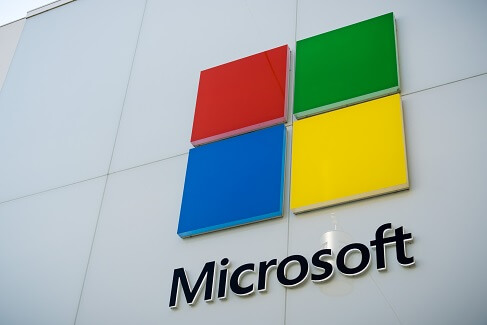Google is seeking ways to restore confidence in its position as a leader in the competition for top-notch artificial intelligence technology.
Google’s new artificial intelligence-powered chatbot, Bard, got off to a rough start after a promotional video showed it giving a wrong answer, resulting in investors wiping off over $100 billion from the value of Alphabet, the search engine’s parent company. In the video, Bard was asked about the discoveries from the James Webb Space Telescope and responded that it was the first to capture images of a planet outside our solar system, a claim that was made by the European Very Large Telescope in 2004. This mistake was quickly pointed out by astronomers on Twitter, causing further embarrassment for Google.
Investors were also underwhelmed by the company’s presentation on its AI plans, which was given at the same time. Google’s launch of Bard comes as the company is facing growing pressure from Microsoft’s OpenAI, which recently introduced a ChatGPT software that quickly gained popularity for its ability to ace exams, write song lyrics, and answer various questions. Microsoft has declared that its new Bing search engine will utilize an even more advanced form of ChatGPT technology.
This latest incident has raised concerns about the risks of rushing the deployment of AI, including the potential for errors, biased results, and plagiarism. In response, Google has stated that it will launch a rigorous testing process, incorporating both external feedback and internal testing to ensure that Bard’s responses meet high standards of quality, safety, and accuracy. This follows Alphabet’s recent layoffs, which saw the company cut 6% of its global workforce, or 12,000 jobs.
Google has responded by saying it will launch a rigorous testing process, incorporating external feedback and internal testing to ensure that Bard’s responses meet high standards of quality, safety, and accuracy.
Go to Source
Author: Natalie Sherman








